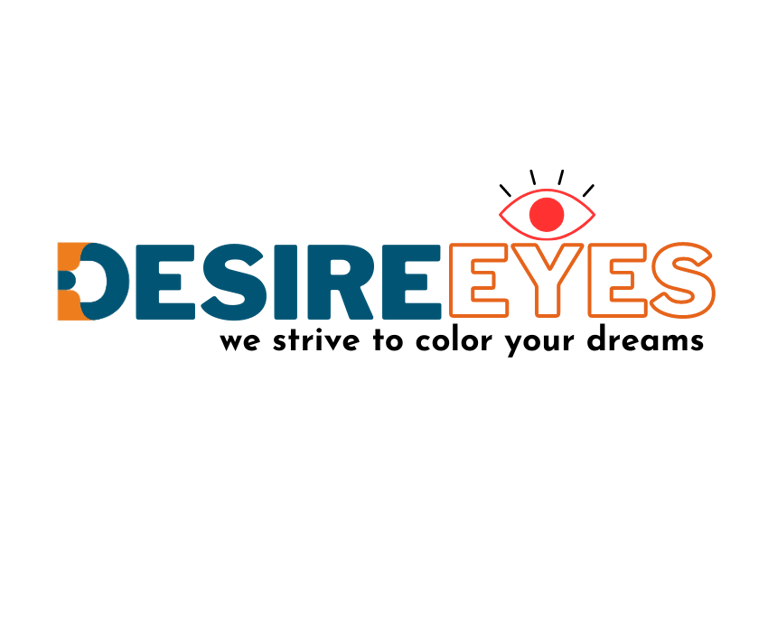Unleashing Your Mind: Enhancing Cognitive Abilities, Promoting Relaxation, and Unlocking Creativity
Discover the importance of cognitive abilities and learn effective strategies to enhance memory, focus, and creativity. Explore the connection between relaxation, mental clarity, and brain health for a balanced and productive life.
HEALTH AND FITNESS
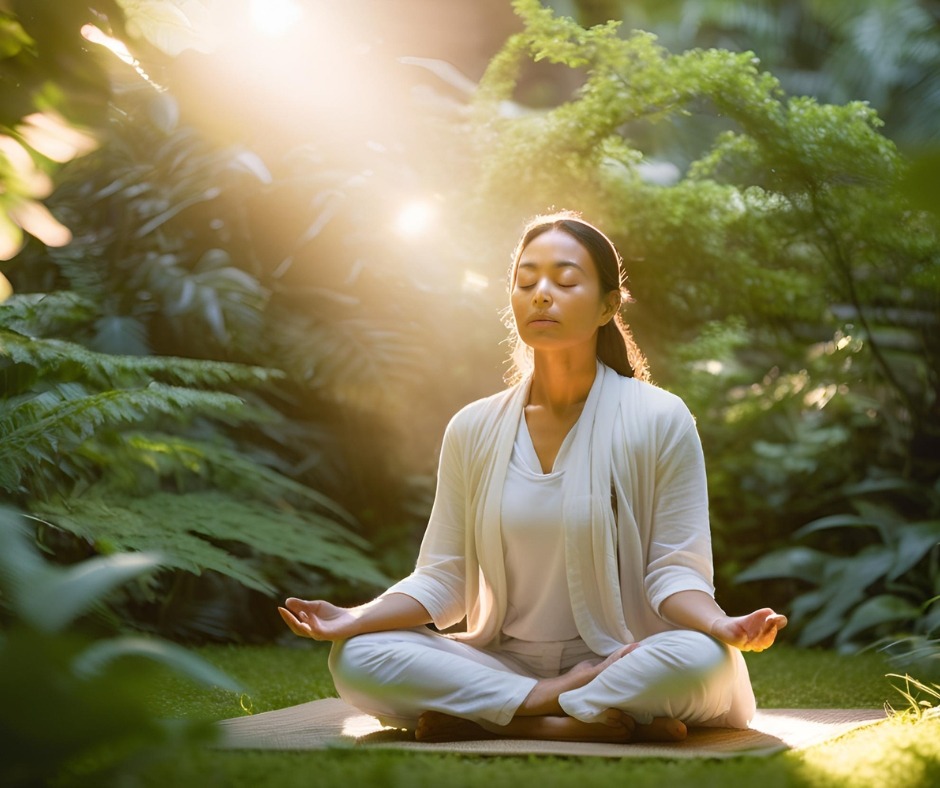

Understanding Cognitive Abilities
Cognitive abilities refer to the mental processes that enable individuals to acquire knowledge, think, and solve problems. These functions are essential in everyday life, influencing how we learn, make decisions, and interact with our environment. The significance of cognitive abilities becomes increasingly apparent as we navigate various challenges, both personal and professional. They encompass a broad range of functions, including memory, attention, reasoning, and executive function.
Memory, for instance, is crucial for retaining information and experiences, allowing us to build knowledge over time. Attention pertains to the ability to focus on specific stimuli while ignoring distractions, a skill vital for effective learning and task completion. The capacity to evaluate data and reach logical conclusions is known as reasoning, and it is essential to problem-solving and decision-making.
Together, these cognitive functions contribute to our overall mental agility, enabling us to adapt to changing situations and synthesize information from diverse sources.
The measurement of cognitive abilities can be conducted through various assessments, such as standardized tests, performance tasks, and observational methods. These evaluations help identify strengths and weaknesses in particular cognitive areas, allowing for targeted improvement strategies. Enhanced cognitive functions not only facilitate academic success but also positively influence career advancements and interpersonal relationships, making them crucial for personal fulfillment and professional development.
Moreover, fostering cognitive abilities can lead to improved adaptability in an increasingly complex world. Whether through engaging in mentally stimulating activities or maintaining a balanced lifestyle that promotes brain health, individuals can significantly boost their cognitive capabilities. Thus, nurturing cognitive abilities serves not only as a tool for individual growth but also as a foundation for achieving greater success and resilience in various aspects of life.
The Connection Between Relaxation and Cognitive Performance
Understanding the intricate relationship between relaxation and cognitive performance is essential for enhancing mental capabilities. Cognitive performance encompasses various mental processes, including attention, memory, reasoning, and problem-solving. Stress and anxiety are two significant factors that can disrupt these processes, leading to decreased mental clarity and impaired decision-making. When the mind is under constant pressure, it becomes difficult to focus, retain information, and think creatively.
Promoting relaxation techniques is fundamental in counteracting the effects of stress on cognitive functioning. Methods such as mindfulness, meditation, and deep breathing exercises have garnered substantial attention for their ability to foster a calming environment that encourages mental clarity. Mindfulness, for instance, involves being present and fully engaged in the moment, which can significantly reduce anxiety and improve focus. Research has shown that regular mindfulness practice can lead to increased gray matter density in areas of the brain associated with memory and emotional regulation.
Meditation, another potent relaxation strategy, has been linked to improved cognitive functions such as enhanced attention span and creativity. Studies indicate that individuals who engage in meditation experience changes in brain structure that facilitate better emotional stability and mental agility. Breathing exercises also play a crucial role; they help lower stress hormones, thereby directly impacting cognitive performance by promoting a sense of calm and clarity. Simple techniques, like deep abdominal breathing or the 4-7-8 method, can be easily integrated into one's daily routine.
By adopting these relaxation strategies, individuals can cultivate a mentally conducive environment, fostering enhanced cognitive functioning. The relationship between relaxation and cognitive performance underscores the significance of mental well-being for optimal brain health. In our fast-paced world, prioritizing relaxation can lead to significant improvements in both cognitive abilities and overall quality of life.
Unlocking Creativity: The Role of the Brain's Natural Processes
Creativity is defined as the ability to generate new and original ideas, which is essential not only for artistic endeavors but also for enhancing cognitive abilities and problem-solving skills in everyday life. At its core, creativity involves intricate neurological processes that engage various areas of the brain, fostering connections between existing knowledge and novel concepts. Understanding the biological underpinnings of creativity can help individuals tap into their creative potential and enhance their cognitive functioning.
Research has identified several key brain regions involved in creative thinking, prominently the prefrontal cortex, which is responsible for complex cognitive behavior and decision-making. The default mode network (DMN), a network of brain areas active during rest and introspection, also plays a significant role in creative thought. Engaging the DMN allows individuals to form unexpected associations and generate innovative ideas. This interplay of brain regions highlights the importance of a relaxed mind, where inhibition is lowered, and free-flowing thinking is encouraged.
Exposure to diverse stimuli has been shown to enhance the brain's ability to think creatively. Engaging in new experiences, embracing different perspectives, and indulging in varied forms of art can help stimulate neural pathways, fostering an environment conducive to creative thought. Techniques such as brainstorming, mind mapping, and even physical activities like dancing or hiking can invigorate cognitive functions and inspire innovation. Moreover, setting aside dedicated time for daydreaming or contemplation can help cultivate a mindset receptive to creative insights.
In summary, the brain's natural processes play a pivotal role in unlocking creativity. By fostering an understanding of the neurological basis behind creative thinking and embracing diverse stimuli, individuals can enhance their cognitive abilities and develop innovative problem-solving skills. This intentional approach not only benefits personal endeavors but can also lead to increased productivity and satisfaction in professional and academic settings.
Strategies to Enhance Cognitive Abilities
Enhancing cognitive abilities requires a multifaceted approach that integrates various strategies aimed at stimulating the mind and boosting brain function. One effective method is engaging in mental exercises, such as solving puzzles, playing memory games, or learning new languages. These activities promote neuroplasticity, encouraging the brain to form new connections and improving overall cognitive performance.
Another beneficial strategy is to continuously learn new skills. Pursuing hobbies, such as playing a musical instrument, cooking, or studying a new subject can challenge the brain and reinforce intellectual growth. Adult education classes or online platforms provide numerous opportunities for individuals to acquire knowledge and enhance their cognitive abilities through structured learning.
Incorporating puzzles, such as crosswords or sudoku, into one’s routine can also contribute significantly to cognitive enhancement. These activities sharpen problem-solving skills and improve memory and attention span. Regular participation in such brain-training exercises can lead to long-term cognitive health benefits.
Physical activity plays a crucial role in cognitive function as well. Engaging in regular exercise increases blood flow to the brain and promotes the production of hormones that support the growth of new neurons and connections. Aerobic exercises, strength training, and even yoga contribute positively to cognitive health by reducing stress and improving mood.
Additionally, maintaining a balanced diet that includes essential nutrients is vital for cognitive health. Foods rich in omega-3 fatty acids, antioxidants, and vitamins—which are often found in fish, nuts, fruits, and vegetables—can support brain function. Lastly, adequate sleep is paramount; restorative sleep is essential for memory consolidation and cognitive processing. Prioritizing these lifestyle adjustments can lead to significant improvements in cognitive abilities, fostering a healthier and more stimulating mental environment.
Promoting Relaxation to Boost Brain Function
In today's fast-paced world, finding moments of tranquility is essential for enhancing cognitive abilities. Promoting relaxation plays a crucial role in boosting brain function, as it helps reduce stress and improve focus. Numerous techniques can be incorporated into daily life to achieve this goal, all of which are practical and effective.
Yoga is one prominent method that combines physical postures, breathing exercises, and meditation. Engaging in regular yoga practice fosters relaxation and promotes mental clarity. Research has shown that the meditative aspects of yoga not only calm the mind but may also increase neuroplasticity, which is vital for learning and memory. Through consistent practice, individuals can experience reduced anxiety levels and improved attention span—two critical components of cognitive function.
Another effective technique is progressive muscle relaxation (PMR), a practice designed to help individuals recognize and release tension in their bodies. Performing PMR typically involves tensing and then relaxing different muscle groups, which encourages mindfulness and awareness of bodily sensations. By incorporating PMR into a daily routine, practitioners often find that their mental alertness improves, enhancing performance on tasks requiring thought and concentration.
Furthermore, spending time in nature has been widely acknowledged for its calming effects. Engaging in nature-based activities such as hiking, walking in the park, or simply observing natural environments can provide a refreshing respite from urban life. Studies indicate that exposure to green spaces can lower cortisol levels, alleviate anxiety, and improve mood. This natural engagement helps recharge the mind, fostering a conducive atmosphere for cognitive tasks.
In conclusion, incorporating relaxation methods such as yoga, progressive muscle relaxation, and nature-based activities into daily life is vital for improving brain function. Regular practice of these techniques decreases stress and enhances focus and overall cognitive performance. By prioritizing relaxation, individuals can effectively unlock their brain’s potential and improve their daily living experiences.
Unlocking Creativity Through Mindfulness and Play
Unlocking creativity is a multifaceted endeavor that benefits significantly from the integration of mindfulness and playful activities. Mindfulness, defined as the practice of being present and fully engaged in the current moment, cultivates an environment conducive to creative thought. This focused awareness allows individuals to escape the confines of routine thinking, opening pathways for innovative ideas to emerge. When one practices mindfulness, the clutter of everyday stresses and distractions diminishes, creating a mental space where creativity can flourish.
Incorporating playful practices into daily life serves as a powerful tool to enhance creativity further. Play is often associated with childhood, yet it remains an essential part of the human experience that promotes curiosity and exploration. Activities such as improvisational theater, painting, or even simple games stimulate the brain’s creative centers. By allowing oneself to engage in these playful pursuits, individuals can tap into a state of flow—a psychological condition where one becomes completely absorbed and loses track of time, facilitating deep creative thinking.
To foster a playful mindset, individuals might consider dedicating specific time slots in their schedules for activities that promote play and creativity. This could involve spending time with friends, participating in art workshops, or engaging in activities that challenge the mind in a fun manner. Additionally, mindfulness exercises, such as guided imagery or deep breathing, can precede these playful pursuits, enhancing the overall relaxation experience and setting the stage for creativity to ignite. Thus, the intersection of mindfulness and play lies in the ability to perceive challenges with a fresh perspective and to embrace experimentation, leading to the unlocking of creative potential.
Conclusion: A Holistic Approach to Brain Health
In the pursuit of enhancing cognitive abilities, promoting relaxation, and unlocking creativity, it is essential to recognize that these elements are deeply interconnected. A holistic approach to brain health suggests that nurturing each of these areas not only supports individual growth but also contributes to a more robust and resilient cognitive framework. By fostering an environment where mental agility flourishes, stress is effectively managed, and creativity is encouraged, individuals can create a virtuous cycle that benefits their overall mental well-being.
Embedding practices such as mindfulness, regular physical activity, and cognitive challenges into daily life can enhance cognitive functions. Engaging in activities that stimulate the mind—like reading, puzzles, or learning new skills—helps in building neural pathways, thereby improving memory, focus, and problem-solving abilities. Alongside these cognitive exercises, prioritizing relaxation techniques—such as meditation, deep-breathing exercises, or even leisurely walks—can significantly diminish stress levels and prevent cognitive fatigue. This reduces the risk of burnout and promotes a more balanced mental state.
Moreover, unlocking creativity plays a pivotal role in overall brain health. Engaging in imaginative pursuits like painting, writing, or simply brainstorming new ideas can stimulate different areas of the brain, fostering innovation and adaptability. When individuals allow their creativity to flourish, they often find that their cognitive functions become sharper and more agile. Importantly, these practices should be integrated into daily routines not as isolated efforts, but as parts of a cohesive strategy aimed at enhancing brain health.
By adopting this holistic approach, individuals can enjoy sustained cognitive function and improved emotional well-being, realizing that the journey towards optimal brain health begins with a commitment to nurturing all facets of mental activity.
Enhance cognitive abilities, alleviate mental stress, and eliminate anxiety. Discover how to achieve this.
Enhance your cognitive abilities.
Peace of mind and success at work depend on improving cognitive abilities. Do you want to improve your mental skills? Please click the following button.
Do you know how this amazing brainwave attracts continuous wealth to anyone who successfully activates it? Please click the following button for more details
This unique formula may be the secret to unlocking superior memory and brain health! Please, click the button below for details.
Brainwave attracts continuous wealth
Unlock Sharper Memory and Enhanced Health!
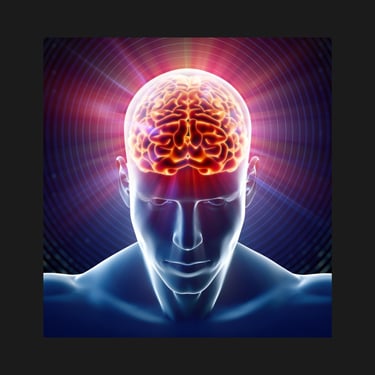



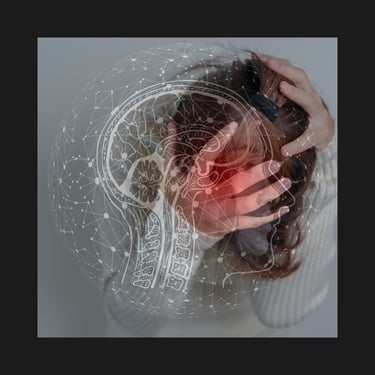

Ways to get rid of anxiety, and depression!
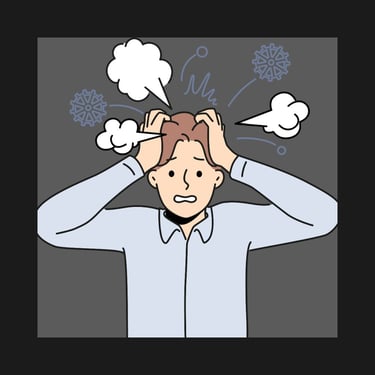

Experience the transformative power that alleviates symptoms of anxiety, fatigue, and depression. Please, click the button below.
